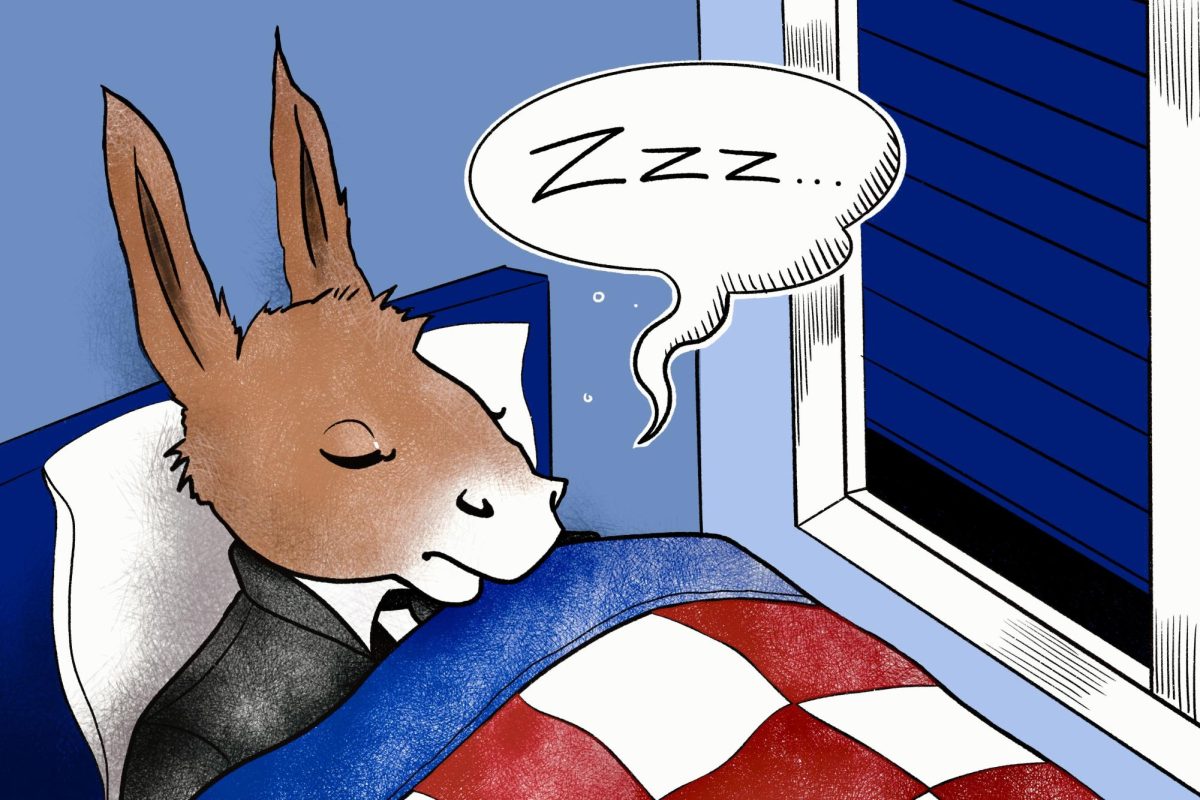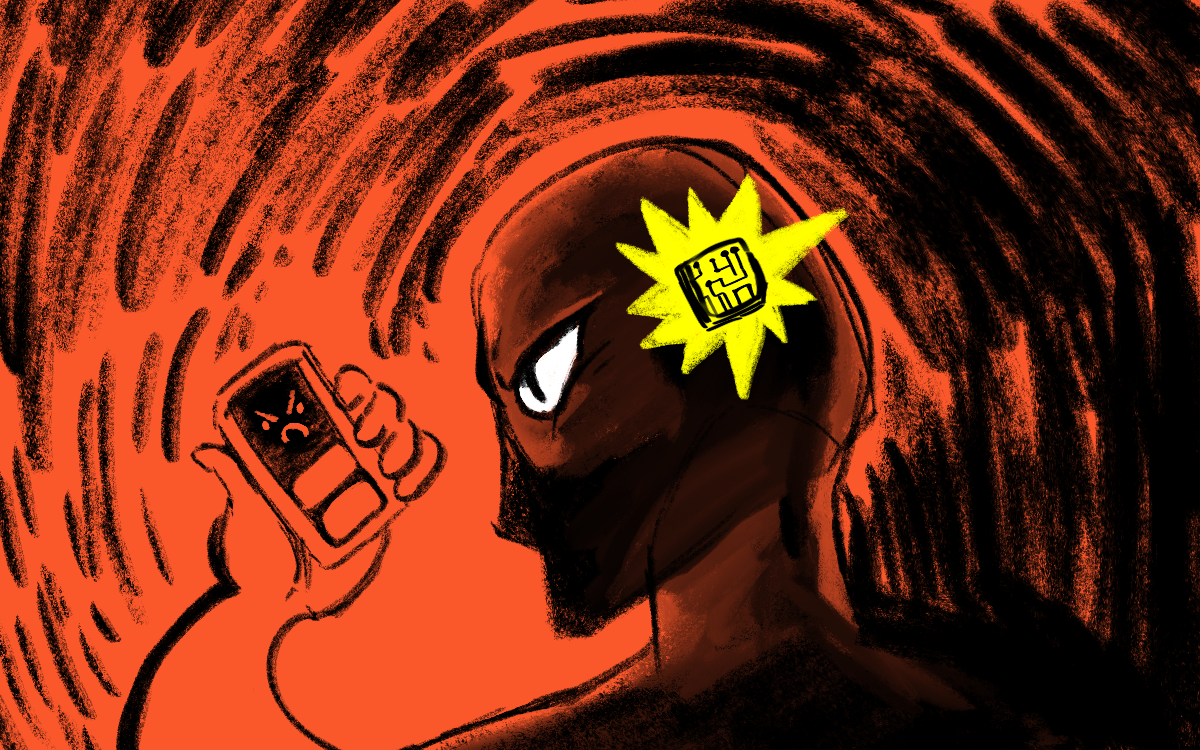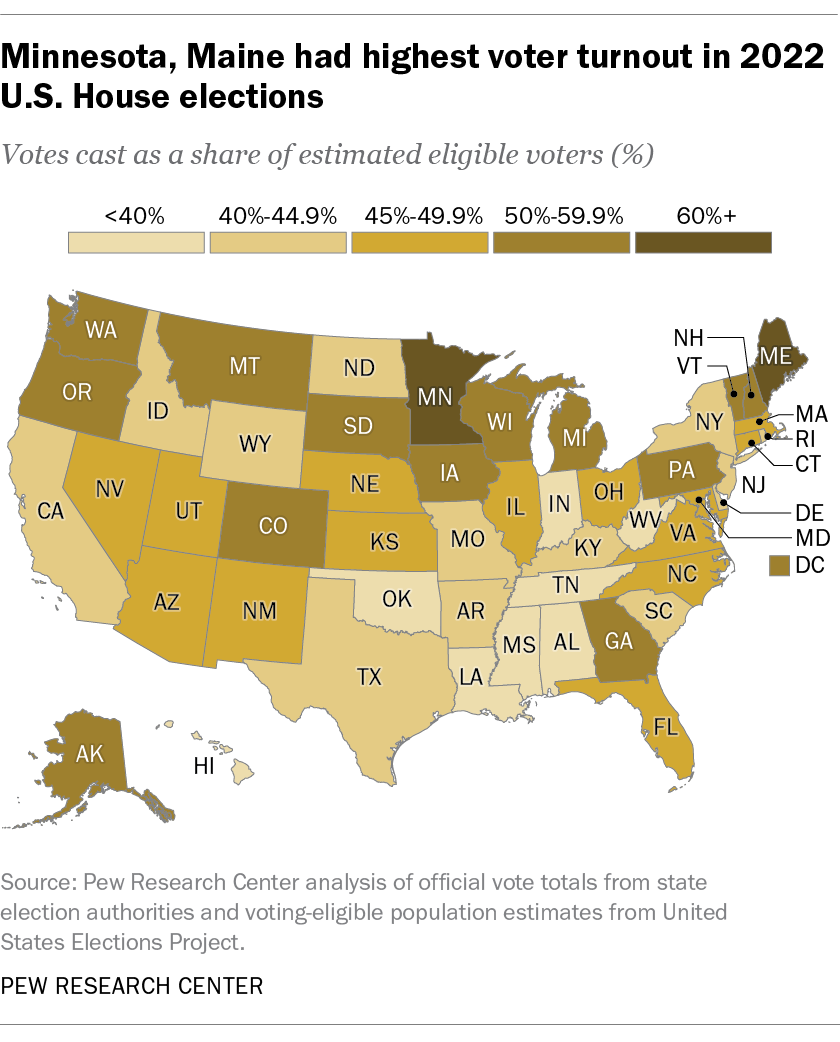
Regardless of whether you’re a diligent scholar who never missed a lecture or a slacker who skims the SparkNotes the morning of the exam, finals week is a lonely party shared with books and rounds of espresso shots. The thought that one 3-hour exam could override 10 weeks of hard work (or a lack thereof) is a universal nightmare.
Now imagine a world in which every quarter didn’t culminate in a three-hour stay hell. Well, saddle up, because that idyllic world might not be as far away as we think.
Harvard College made headlines when it changed its policy to assume that professors would not be issuing a final exam, requiring that they sign a waiver if they wanted one. Though Harvard is the most prominent abandoner of finals it’s not the only institution to make this change; finals are disappearing across many undergraduate campuses. And though most of us are probably not lucky enough to have experienced a final-less finals week, some UCSD professors — from the math to the lit departments — no longer have sit-down finals.
According to Jay M. Harris, dean of undergraduate education at Harvard College, only 259 out of 1,137 undergraduate courses scheduled final exams during their spring semester last year. These nerve-racking tests of will are replaced by papers, presentations and projects.
Educators are finally considering that finals aren’t necessarily the best way to ensure that students are learning the material. And let’s be honest: they’re not.
In 2007, a study conducted by University of South Florida psychologist Doug Rohrer confirmed that last-minute studying significantly reduces retention of material and actually hinders the long-term learning process. When we cram, we learn the material on a temporary basis, which is why we often forget what we learned only a few days later.
With classes more dependent on technology, resources becoming readily available and academic developments becoming less theoretical and more dependent on real-life simulations, canceling finals week will only become more prominent nationwide.
There’s no longer a need to memorize complicated political theories when search engines are readily available. Harvard professors are finding that this new level of information overload across disciplines cannot be tested in a single sitting.
Finals don’t quantify students’ ability to retain material. More often, they test our regurgitation abilities, or how much caffeine we can take before entering a state of delirium.
A 1991 study by Professor of Education Herbert J. Walbert at the University of Chicago found that take-home papers, presentations or projects are far better ways of gauging a student’s ability, and ultimately produce more thoughtful work. The only element missing from these methods of examining students is the element of surprise. But while we all love surprise birthday parties, realizing that a third of your final concerns something you skimmed back in Week One is a nasty shock that doesn’t accurately gauge what we’ve learned over the quarter. Assiduous students can still demonstrate their understanding of the material, their engagement in lecture and their analysis of the texts, without the stress of time constraints and an Adderall hangover. Without finals, forgetting where some obscure war took place will no longer be the factor that flushes your GPA down the toilet.
This isn’t to say that there should be a blanket abolition of finals for every subject. For some subjects such as math, there is no better way to test a student’s competence with the key skills of quantitative reasoning. Similarly, introductory classes may be more fact-based and require a greater level of memorization, but as students move beyond the basics and gradually adapt more research-based approaches, final exams become too rigid to legitimately encompass a student’s critical thinking and analytical ability.
Educators need to understand that the ways we learn are changing, and the methods of examining what a student has learned or gained from a class should change too. It’s foolish to keep archaic methods of examination. If we understand the influences of technology on our world, and especially on education, the methods of testing understanding and cognitive reasoning have to change as well.
Perhaps, if UCSD followed in Harvard’s footsteps, CLICS would look less like the Coachella campgrounds during finals week and students would stop doing their best impressions of mechanical toys. And who knows? Without finals, UCSD might even be able to ditch that “socially dead” stigma.
Additional Reporting by Cheryl Hori.







